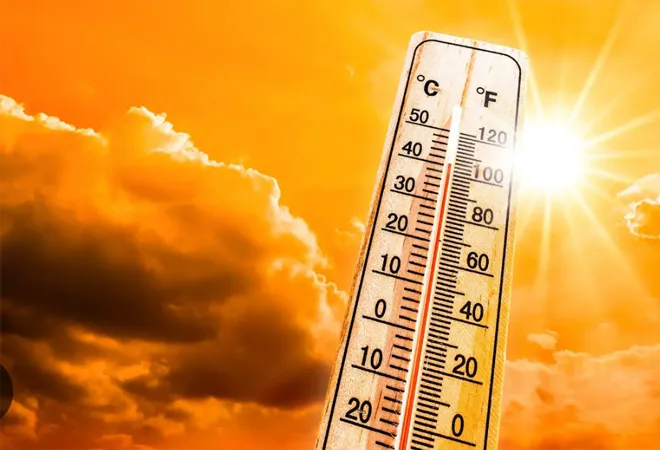Heatwaves in Europe cause 30% rise in fatalities; heat-related deaths at an all-time high
Researchers attribute this extreme heat primarily to the emissions of greenhouse gases, although the El Niño phenomenon also contributes to the same

Recent data indicate that Europe is grappling with increasingly severe heat episodes that surpass human tolerance, leading to a 30% surge in heat-related fatalities over the past two decades.
The EU’s Copernicus climate monitoring service and the World Meteorological Organization (WMO) highlighted on April 22 that such extreme temperatures pose significant risks to individuals who work outdoors, seniors, and those suffering from health issues like heart disease and diabetes.
Heatwave Intensity in 2023
The combined report from Copernicus and WMO revealed that in 2023, nearly half of Southern Europe — 41% — experienced intense heat stress levels ranging from strong to extreme. According to AFP, this was the largest expanse of Europe to endure such conditions on any given day in recorded history.
The previous year set a record as the warmest year on a global scale, with Europe identified as the continent warming at the fastest rate.

In July of the same year, Italy witnessed a 7% rise in mortality rates, including the tragic incident of a 44-year-old individual who succumbed while applying road markings in Lodi, a town in the north.
Perceived Heat Index
In 2023, regions in Spain, France, Italy, and Greece faced up to ten consecutive days of severe heat stress. AFP defines this as a perceived temperature exceeding 46 degrees Celsius, a threshold that necessitates immediate measures to prevent heat-related illnesses.
The heat stress index quantifies the environmental effects on humans by considering variables such as air temperature, humidity, and physiological responses to determine the perceived temperature.
Researchers attribute this extreme heat primarily to the emissions of greenhouse gases, although the El Niño phenomenon also contributed.
Carlo Buontempo, the director of the Copernicus Climate Change Service, expressed that the intensity, rapid onset, breadth, and persistence of the 2023 heat events caught the scientific community off guard.
You might also be interested in – Apple Will Allow Users to Download Apps from the Web in Europe



